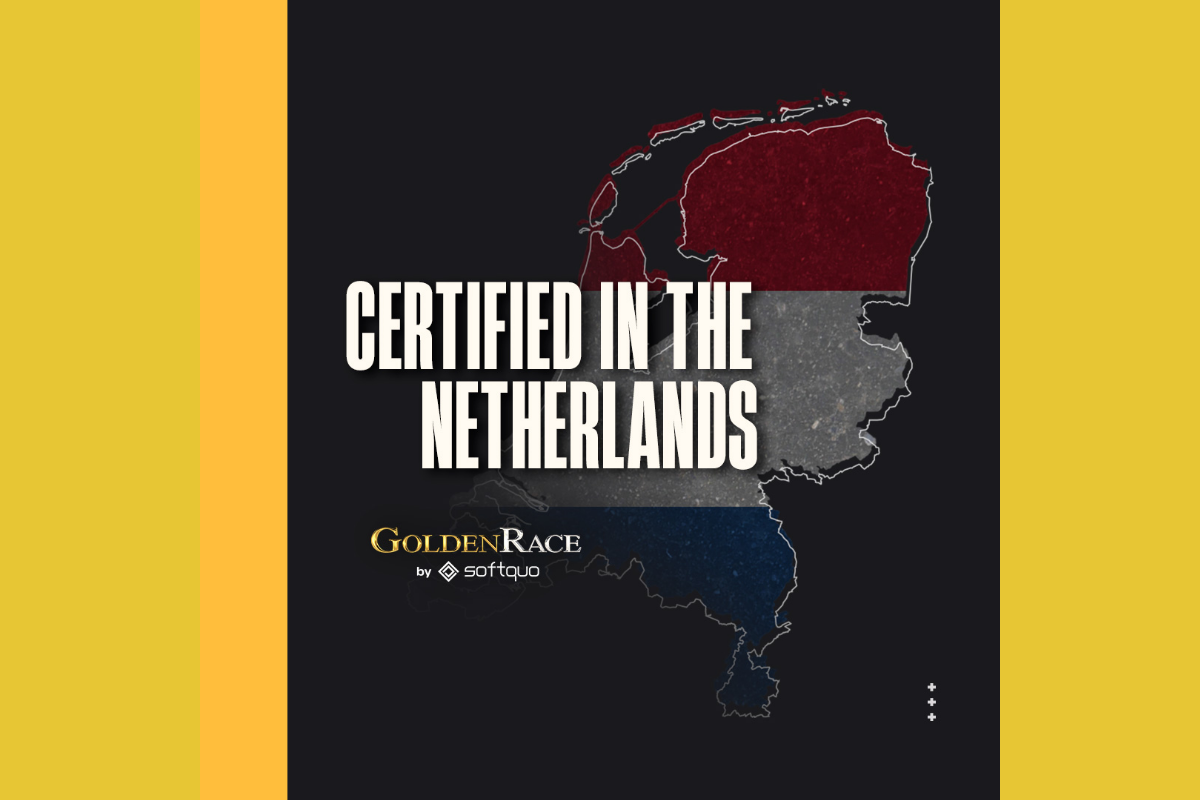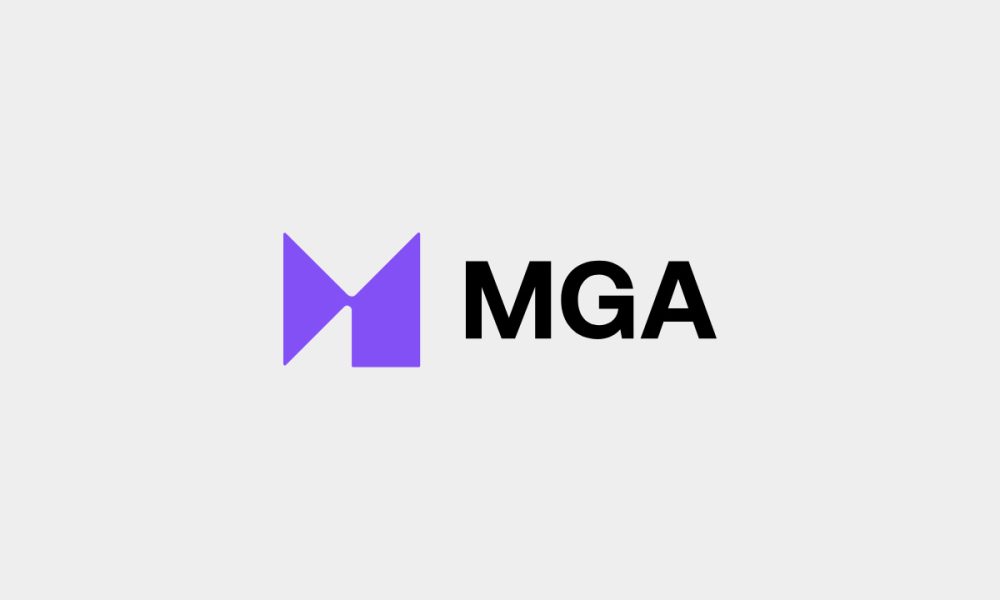Compliance Updates
UKGC warns gambling industry not to circumvent FOBT stake cut

From Monday, the maximum stake that can be offered on the gaming machines has dropped from £100 to £2 per spin. The new rules are intended to reduce the risks that players can lose large amounts of money in a short space of time. The Gambling Commission’s chief executive has reiterated to bookmakers the regulator’s expectations about how the changes should be managed.
Neil McArthur, chief executive of the Gambling Commission, said: “We have been closely monitoring operators’ plans to manage the implementation of the stake cut and we will continue to watch very carefully to ensure that any changes and developments to these products are done with a focus on customer safety.
“Together with Government and the industry we must continue our ongoing work to make the whole industry safer – this includes continuing to make progress with making other products safer, as customers may move to gamble in other ways following the stake cut – including online, mobile and on the high street. It’s imperative that operators invest in and use data, technology and measures to identify harmful play and can step in to protect players when needed. They should be innovating to protect their customers, as much as they do to make a profit.”
Jeremy Wright, Secretary of State for Digital, Culture, Media and Sport, said: “Reducing the potential loss per spin from £100 to £2 is a significant step forward in protecting vulnerable people. The Government’s actions and ambitions stretch much further and we are looking at further treatment of those who have suffered from gambling-related harm, whether gambling on credit should be limited and considering what actions are necessary to tackle problem gambling online.”
The Gambling Commission is looking closely at player protection on other high street machines. Data indicates that the risks associated with Category B1 and B3 machines merit close scrutiny the reason why the Commission said last year in its advice to Government that it wanted to explore player protection options further. Those options include tracking play, using time and monetary limits and alerts, and communicating messages about gambling safely.
Elsewhere, the Gambling Commission is tightening up rules for online gambling and in May new identity and age check rules come into force which will guard against the risk of children gambling, prevent children from playing free-to-play versions of gambling games on licensees’ websites, and increase the likelihood that someone will be identified if they attempt to gamble while self-excluded.
The Gambling Commission is also currently examining new areas for potential change including banning the use of credit cards for online gambling, the introduction of industry funded gambling blocking software, and improving the ways operators interact with a customer who may be experiencing gambling-related harm
In addition, this month the Commission will be launching its new national strategy to reduce gambling harms - focusing the priorities for the Commission and partners to support prevention and treatment.
Compliance Updates
GoldenRace is now certified in the Netherlands

GoldenRace, global provider of award-winning Virtual Sports and betting solutions, has recently obtained a certification for its highly acclaimed Virtual Sports and Games in the Dutch market.
GoldenRace successfully navigated the stringent regulatory landscape of the Netherlands, and now will be providing its impressive betting products into the Online Dutch market, which will be an important advancement in our operational expansion.
The Netherlands betting scene is on the cusp of a substantial growth phase and with GoldenRace’s latest certification, we introduce to the Dutch market a range of highly popular games tailored to desktop and mobile, in both scheduled and on-demand modes.
Among the offer, players will enjoy our most-played Virtual Football line-up – including Football Single, Leagues, World Cup and Euro Champions-, adrenaline-pumping 3×3 Basketball and MMA and top-notch races as Horse Racing, Greyhound Racing and Grand Prix Indianapolis 60. Last but not least, our Number Games, such as Spin2Win. All ready to captivate Dutch players.
Asia
PAGCor Welcomes Lawyer Wilma Eisma as New President and Chief Operating Officer

The Philippine Amusement and Gaming Corporation (PAGCor) today welcomed its new President and Chief Operating Officer, lawyer Wilma Eisma, who took her oath of office before Executive Secretary Lucas Bersamin in Malacanang this morning.
“We are happy to welcome Atty. Wilma Eisma as PAGCor’s new President and Chief Operating Officer,” PAGCor Chairman Alejandro Tengco said. “We know she will be a great asset and her vast experience in both the government and private sectors will surely be put to good use here.”
Tengco said he witnessed Eisma’s oath-taking in Malacanang this morning. She then immediately joined her first PAGCor board meeting in the afternoon as the agency’s first ever woman President and Chief Operating Officer.
A lawyer by profession, Eisma earned her law degree from the Ateneo de Manila University and was a member of the Board of Directors of the Development Bank of the Philippines before joining the state gaming firm.
Prior to that, she also served as the first woman Administrator and Chairman of the Subic Bay Metropolitan Authority (SBMA).
Her private sector stints include leadership roles in PMFTC Incorporated, the Philippine affiliate of Philip Morris International.
She also held key positions at the Department of Trade and Industry where she worked at the Office of the Secretary and in the Office of the Majority Leader in the House of Representatives, among others.
Eisma succeeded Atty Juanito Sanosa Jr who resigned as PAGCor President and Chief Operating Officer last January.
Compliance Updates
MGA: Update to the Incident Reporting Requirements

The Malta Gaming Authority would like to inform its licensees of updates made to the Incident Report mechanism available through the Licensee Portal The information hereunder outlines relevant guidance and procedures for the submission of an Incident Report through the updated reporting instrument entitled the ‘Technical – Information Security Incident’.
As mandated by Articles 37(2)(c) and (d) of the Gaming Authorisations and Compliance Directive (Directive 3 of 2018), “Licensees shall notify the Authority forthwith, and in any case no later than three (3) working days after, the following:
(c) Any breach of the licensee’s information security that adversely affects the confidentiality of information relating to players;
(d) Any breach of the licensee’s information security that precludes players from accessing their accounts for a period exceeding twelve (12) hours.”
In this regard, Licensees are obliged to submit an Incident Report in order to notify the Authority of the circumstances relating to an information security breach that meet the above specified criteria. Additionally, Licensees are advised to remain mindful of any further obligations emanating from the General Data Protection Regulation (EU/2016/679) and any relevant legislation.
The Technical – Information Security Incident option will be accessible through the “New/Change” dropdown menu via the Portal. Upon selection, users will be directed to the applicable sections of the ‘Technical – Information Security Incident’ where all compulsory fields and any relevant documentation must be submitted to the Authority.
Upon submission, the Incident Report shall undergo review by the Authority. Any missing information that may be identified by the Authority, shall be requested accordingly from the Licensee. It is imperative that any pending clarifications are addressed in a timely manner.
If no further clarifications are deemed necessary by the Authority, the Incident Report will be closed off accordingly, and any relevant documentation will be securely filed for record-keeping purposes.
Any Incident Reports left in ‘Draft’ form (i.e. opened but not effectively submitted) for a period of ninety (90) days shall be automatically discarded.
-

 Compliance Updates5 days ago
Compliance Updates5 days agoBet on Compliance: Navigating the Stakes with the UK’s Affordability Checks
-

 Industry News5 days ago
Industry News5 days agoReal Dealer Studios: Offering a fresh spin on classic roulette
-

 Industry News5 days ago
Industry News5 days agoCheltenham and Grand National 2025 start now
-

 eSports5 days ago
eSports5 days agoDenis ‘electroNic’ Sharipov is a New Virtus.pro Player
-

 Gambling in the USA5 days ago
Gambling in the USA5 days agoGaming Americas Weekly Roundup – April 8-14
-

 Asia5 days ago
Asia5 days agoAurora Gaming Crowned Champions of $350,000 Skyesports Masters 2024, Earns Spot in Skyesports Championship
-

 eSports5 days ago
eSports5 days agoNODWIN Gaming Partners with Global Esports Federation as Portfolio Management Company for Key Emerging Markets
-

 Asia5 days ago
Asia5 days agoAsian Regional Qualifiers Host Announced










































